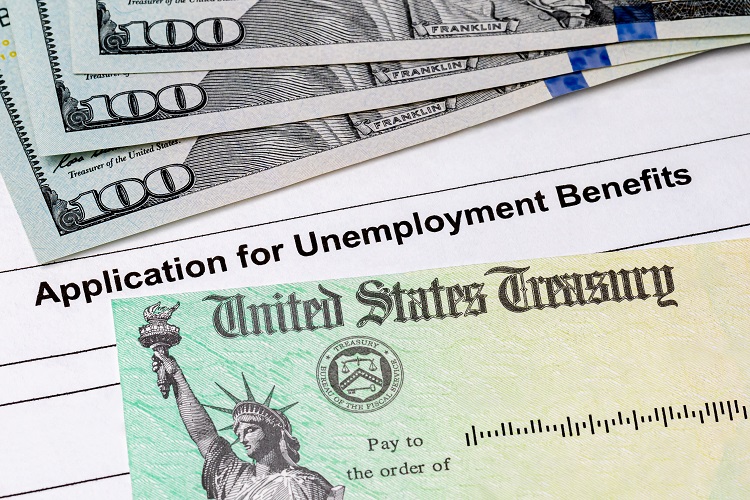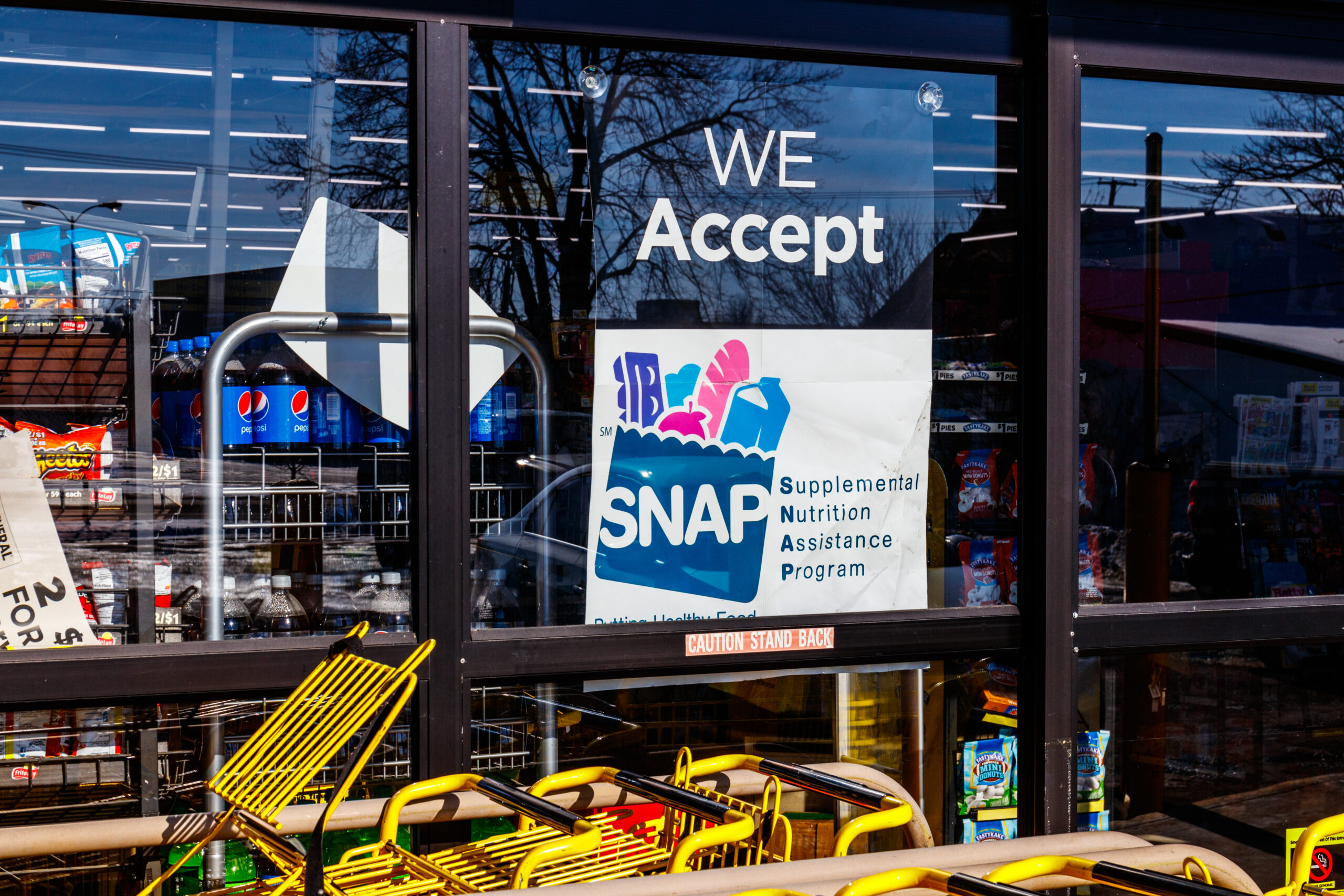Welcome to Our Research Archive
Search and filter by content type, issue area, author, and keyword
- ✕ Clear Filter
- Artificial Intelligence (33)
- Automation (1)
- book review (2)
- Charitable giving (4)
- Child Tax Credit (39)
- Child Welfare (35)
- Childcare (4)
- cities (1)
- Civil Society (13)
- commentary (4)
- Conservatism (1)
- Cost of Living (5)
- crime (2)
- criminal justice reform (3)
- Deaths of Despair (1)
- drug crisis (1)
- Early Childhood (12)
- Earned Income Tax Credit (7)
- Economic Development (1)
- Economic Opportunity (11)
- Economic Opportunity and Mobility (172)
- Economic Well-Being (140)
- Economy (4)
- Education (143)
- Election (4)
- Employment (5)
- energy (1)
- Entrepreneurship (1)
- Family (77)
- Family affordability (4)
- family policy (3)
- Family Structure (16)
- Farm Bill (2)
- Fatherhood (1)
- Feature (1)
- Featured (392)
- federal budget (3)
- fentanyl (1)
- Fertility (2)
- foster care (4)
- Fraud (2)
- Gender Gap (3)
- government spending (1)
- happiness (1)
- higher education (45)
- History (3)
- Homelessness (8)
- Housing (86)
- Housing Supply (3)
- Immigration (2)
- Income (8)
- Innovation (2)
- Intergenerational Mobility (3)
- Joe Biden (3)
- journalism (1)
- Kevin Corinth (2)
- Labor Market (6)
- Living Standards (2)
- Marriage (53)
- marriage penalties (3)
- Masculinity (1)
- medicaid (3)
- mental health (1)
- middle class (2)
- millennials (1)
- Minimum Wage (3)
- National debt (1)
- New York (10)
- opportunity (13)
- opportunity and social mobility (4)
- opportunity zones (1)
- Parenthood (4)
- parents (3)
- place-based policy (1)
- poverty (50)
- poverty line (1)
- poverty measurement (1)
- Presidential Election (6)
- Race (1)
- Regulation (4)
- Religion (6)
- Remote Work (5)
- Safety Net (19)
- Science (1)
- SNAP (16)
- Social Capital (45)
- Social Media (2)
- Society and (1)
- Society and Culture (67)
- State Policy (2)
- substance abuse (1)
- substance use (2)
- Success Sequence (4)
- suicide (1)
- Supplemental Nutrition Assistance Program (1)
- tariffs (5)
- Tax & Transfer Policies (18)
- tax credit (1)
- technology (6)
- Technology and Innovation (6)
- Temporary Assistance for Needy Families (TANF) (2)
- trade war (5)
- Trends and Measurement (8)
- Unemployment (5)
- Unemployment Insurance (18)
- Urban policy (7)
- Utah (4)
- wages (1)
- Welfare (32)
- work requirements (1)
- Workforce (30)
- Workforce Development (46)
- workrequirements (1)
- Zoning (4)
- ✕ Clear Filter
- Angela Rachidi (25)
- Beth Akers (17)
- Brent Orrell (8)
- Bruce D. Meyer (8)
- Casey B. Mulligan (1)
- Charles Murray (1)
- Daniel A. Cox (5)
- Edward J. Pinto (18)
- Edward L. Glaeser (8)
- Frederick M. Hess (16)
- Howard Husock (23)
- Ian Rowe (7)
- James C. Capretta (1)
- James Pethokoukis (12)
- John Bailey (1)
- Joseph Fuller (3)
- Kevin Corinth (53)
- Kyle Pomerleau (6)
- Leslie Ford (4)
- Mark Schneider (5)
- Matt Weidinger (42)
- Max Eden (1)
- Michael Barone (1)
- Michael Brickman (1)
- Michael Pugh (1)
- Michael R. Strain (31)
- Naomi Schaefer Riley (14)
- Nat Malkus (11)
- Nicholas Eberstadt (3)
- Paul Ryan (1)
- Preston Cooper (23)
- R. Glenn Hubbard (4)
- Ramesh Ponnuru (3)
- Richard Burkhauser (4)
- Richard V. Burkhauser (2)
- Robert Cherry (1)
- Robert Doar (7)
- Robert Pondiscio (7)
- Ross Douthat (2)
- Ryan Streeter (1)
- Samuel J. Abrams (1)
- Scott Winship (36)
- Stan Veuger (10)
- Timothy P. Carney (6)
- Tobias Peter (20)
- W. Bradford Wilcox (8)
- Yuval Levin (8)

February 14, 2025
Poverty During the Pandemic and the Role of Government Transfers
The COVID-19 pandemic prompted unprecedented policy interventions in the US that provided nearly $3 trillion to support struggling families. This column examines the short-term effects of these interventions on child poverty and finds quite different trends for income poverty and consumption poverty. While disposable income poverty declined dramatically in 2021, consumption poverty fell more gradually,…

February 7, 2025
Low-Performing Students Fall Farther Behind the Pack
On January 29, the National Assessment of Education Progress, NAEP, released results from its 2024 assessment. This latest installment of the self-styled “Nation’s Report Card” makes depressing reading. Indeed, if it weren’t for bad news, there would be hardly any news at all. The previous 2022 NAEP results were bad—but they could be blamed on…

February 6, 2025
High Costs, Uneven Value: Repairing The Federal Role in Postsecondary Education
The higher education system suffers from many problems, including excessive costs,low completion rates, uneven financial value for students, and high rates of student loannonpayment. Federal government policies unintentionally exacerbate many of these issues,as taxpayers’ considerable investment in higher education comes with few quality controlsor accountability to ensure that colleges and universities are delivering on their…

February 4, 2025
The Family First Act Would Expand Net Income Tax Refunds to Higher Income Families
Some pro-family conservatives are rallying around Rep. Blake Moore’s (R-UT) Family First Act. Relative to a clean extension of the Tax Cuts and Jobs Act, the bill would cost an additional $575 billion over the next decade in order to increase the generosity of tax breaks targeted at families with children. The bill would lead over half of tax filers…

February 4, 2025
Snip, Snip: Spending Cuts Are Coming
Republicans’ agenda of cutting taxes and increasing spending on their policy priorities depends significantly on identifying productive spending reductions. But just cutting spending will not be enough. Republicans must also explain how their tax and spending cuts will result in better outcomes for all Americans. The federal debt has exploded to $36 trillion and annual…

January 30, 2025
Eliminating the Benefit Cliff and Achieving Savings for Taxpayers: A Reform Proposal for the Supplemental Nutrition Assistance Program
Key Points Read the PDF

January 29, 2025
How State Governments Can Fight Degree Inflation
Key Points Executive Summary State governments have significantly exacerbated the phenomenon of degree inflation, where jobs increasingly require college degrees that were not previously necessary. State hiring practices and stringent occupational licensing laws perpetuate this trend. These policies restrict access to various professions, create labor shortages, and reduce the return to a college education for…

January 24, 2025
Testing Theories of Why: Four Keys to Interpreting US Student Achievement Trends
Key Points Read the PDF. Executive Summary Although national test scores provide clear evidence on student achievement across time, they do not illuminate what is driving gains or losses. Nonetheless, careful examination of test scores can corroborate some explanations for changes in student achievement and discount others. This report examines recent trends in US student…

January 24, 2025
The Targeting of Place-Based Policies: The New Markets Tax Credit Versus Opportunity Zones
Abstract For a place-based policy to succeed, it must target the right areas—typically those with lower economic development and resident well-being. The U.S. has two major place-based tax policies: the New Markets Tax Credit (NMTC), where government-approved entities select investments, and Opportunity Zones (OZs), where private investors choose projects. Despite underlying design differences, both target…

January 24, 2025
Testing Theories of Why: Four Keys to Interpreting US Student Achievement Trends
Key Points Read the PDF. Executive Summary Although national test scores provide clear evidence on student achievement across time, they do not illuminate what is driving gains or losses. Nonetheless, careful examination of test scores can corroborate some explanations for changes in student achievement and discount others. This report examines recent trends in US student…